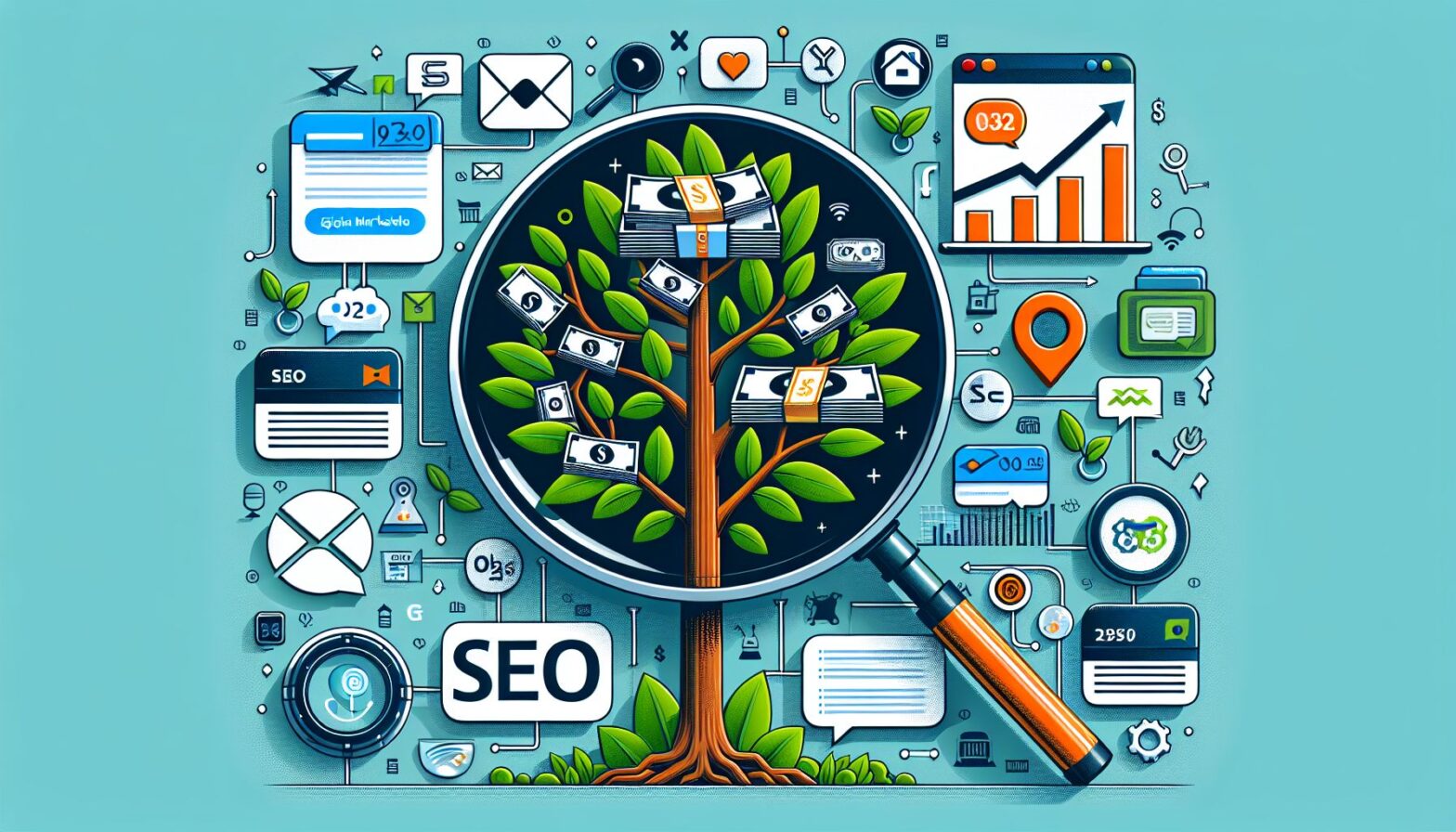Businesses in the modern world are shifting their marketing strategy towards digital platforms. The main player in the world of digital marketing? SEO, or Search Engine Optimisation. Now, you might be asking yourself, what exactly is SEO, and how can it revolutionise your business? Well, grab a cup of coffee—this is exactly what we’re going to delve into.
Freshen Up—What Is SEO?
So, let’s start with the basics. SEO stands for Search Engine Optimisation. In a nutshell, it’s the process of fine-tuning your website in a way that it reaches a higher rank in search engine results—such as Google. How does this help your business? Generally, people tend to click on the first few search results, rarely venturing past the first page. Thus, high rankings mean more visibility, which can potentially drive more traffic to your site.
Why Is SEO Important for Your Business?
You might be contemplating, why all the fuss about SEO? Here’s why it matters:
-
Targeted Traffic: SEO focuses on creating informative and keyword-relevant title tags and meta descriptions, which show up in the result pages. This boosts your click-through rate and promotes qualified web traffic.
-
Awareness: Ranking in the top positions results in significant impressions. Thus, being on the front page not only helps users to associate your brand with those keywords, but it instils trust since companies on the first page are generally perceived to be more trustworthy.
-
High ROI: SEO rewards your business for its efforts at a higher rate compared to traditional forms of offline advertising.
Now, I know what you’re thinking. It all sounds good and well, but how can you leverage SEO to see these results for yourself?
Practical Steps to Leverage SEO for Your Business
Implementing SEO doesn’t have to be overwhelming. Here’s a straightforward roadmap:
-
Identify Relevant Keywords: Your customers are out there searching for your products or services using certain words or phrases—keywords. Use tools like Google’s Keyword Planner to identify these and incorporate them into your website content.
-
Optimise Your Website: Once you have your keywords, make your site SEO-friendly. This involves using your keywords in the right places (like your title tags and meta descriptions), linking to internal and external high-quality sites, and publishing consistent, high-quality content.
-
Track Your Progress: Adjustments may be necessary as you go along, so it’s essential to frequently monitor your results. Tools such as Google Analytics can provide insight into which tactics are working and which aren’t.
Remember, while SEO is an effective strategy, it’s not an instant solution. Its success requires time, a well-thought-out plan, and constant adjustments to stay ahead of your competitors.
Conclusion
In the digital era, having a strong online presence is critical to the success of any business, and SEO plays a vital role in establishing this. It improves your visibility, brings in targeted traffic, and offers high ROI—all essential components for success in today’s competitive market.
FAQs
Q1: What is SEO?
SEO, or Search Engine Optimisation, is the process of improving your website to appear higher in the search engine results.
Q2: Why is SEO important for my business?
SEO is important because it results in more visibility, increased brand trust, and a higher return on investment.
Q3: How can I implement SEO for my business?
First, identify relevant keyword using tools like Google Keyword Planner. Then, optimise your website by including these keywords in appropriate places and consistently publishing high-quality content. Lastly, measure your progress and make necessary adjustments.
Q4: Are the results of SEO instantaneous?
SEO is a long-term strategy. While it may take time to see results, the outcomes are usually long-lasting and effective.
Q5: Can I do SEO on my own?
Yes, you can. However, given the complexities and ever-changing nature of search engine algorithms, you might find it beneficial to hire an SEO expert.
The power of SEO is undeniable. With a strong strategy in place, there’s no end to the heights your business can reach. A journey of a thousand miles begins with a single step. Will the quest for top search ranking be yours?






